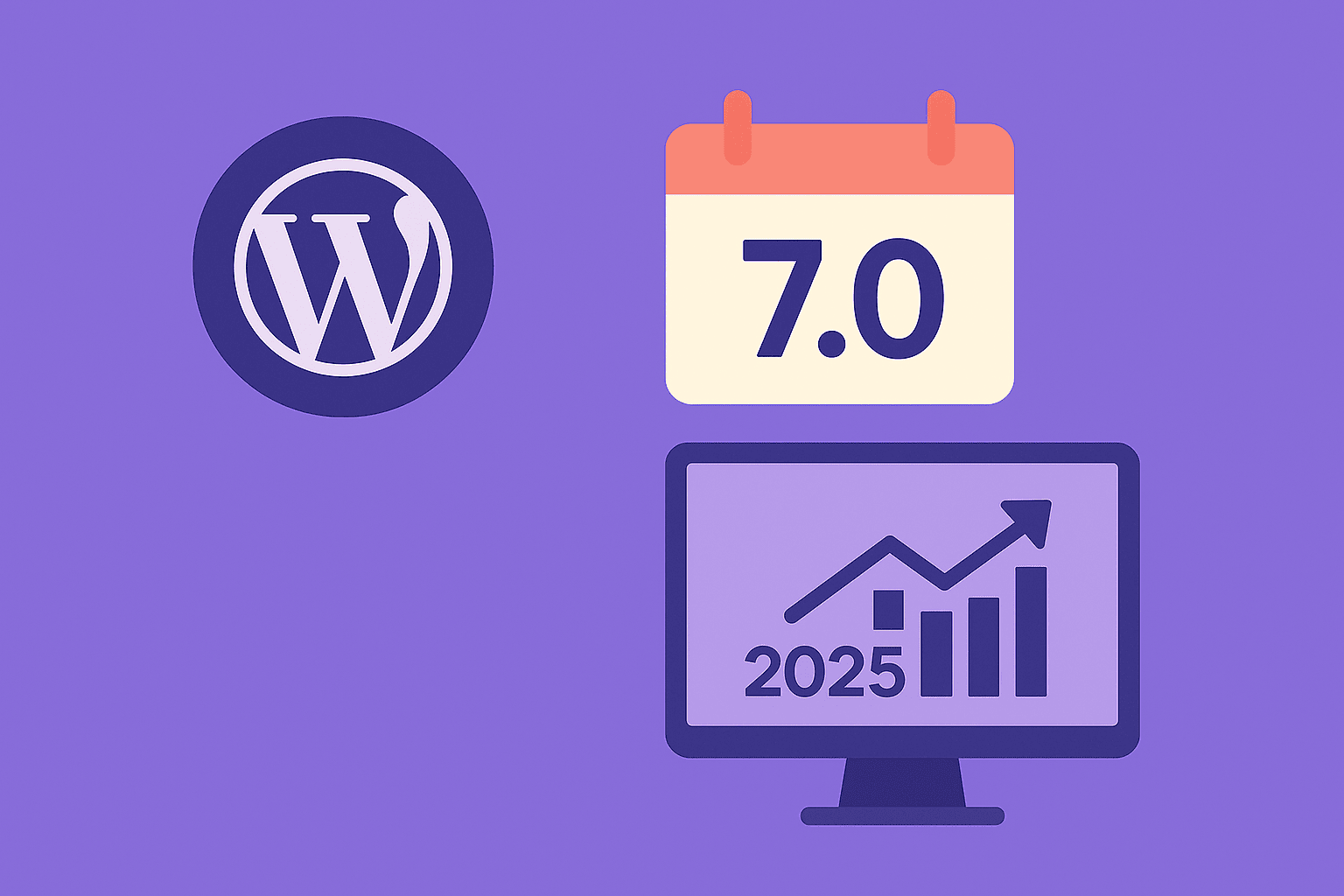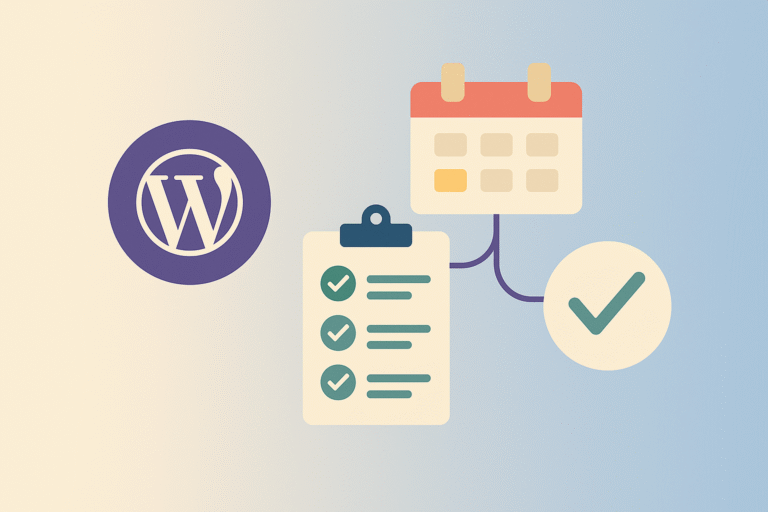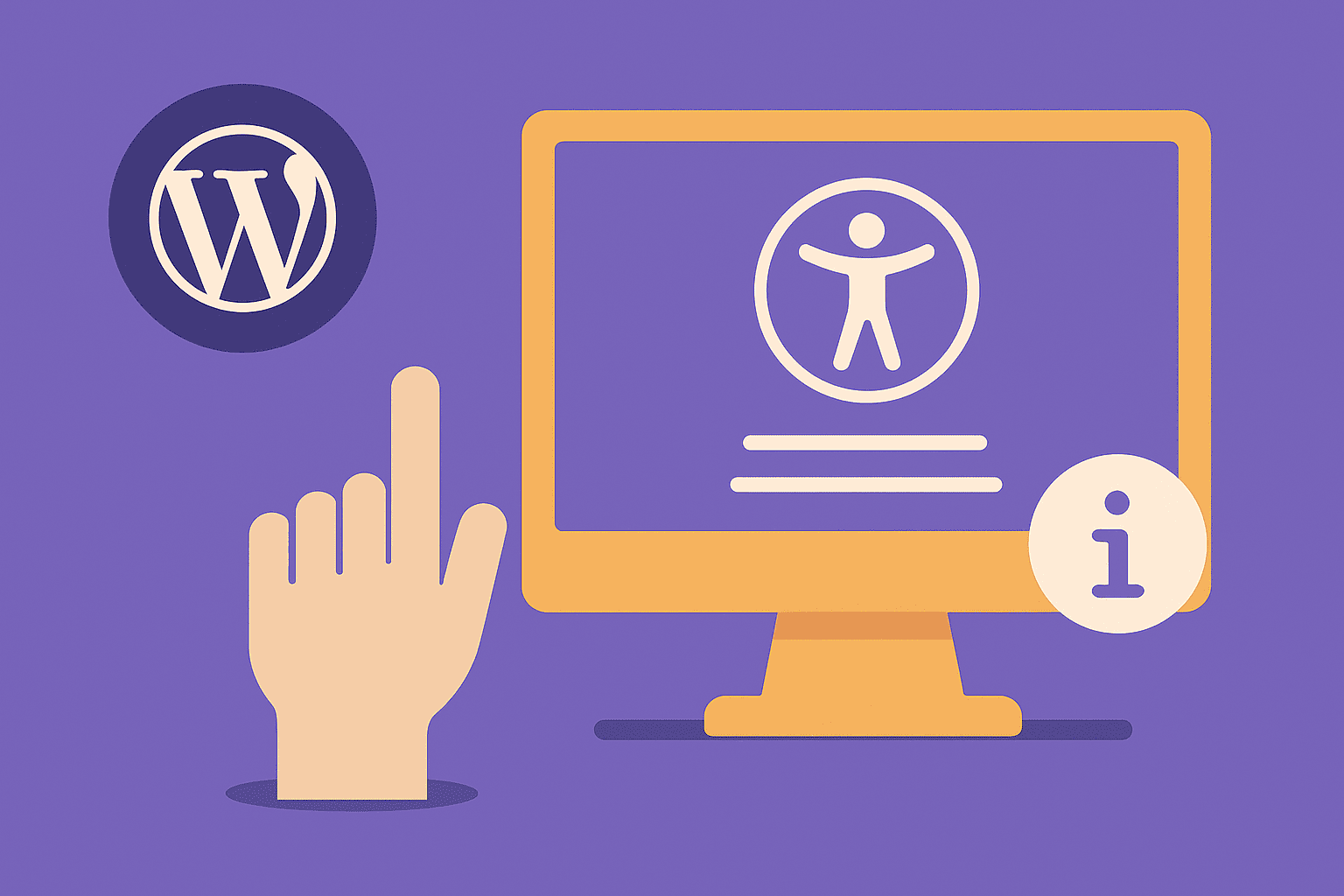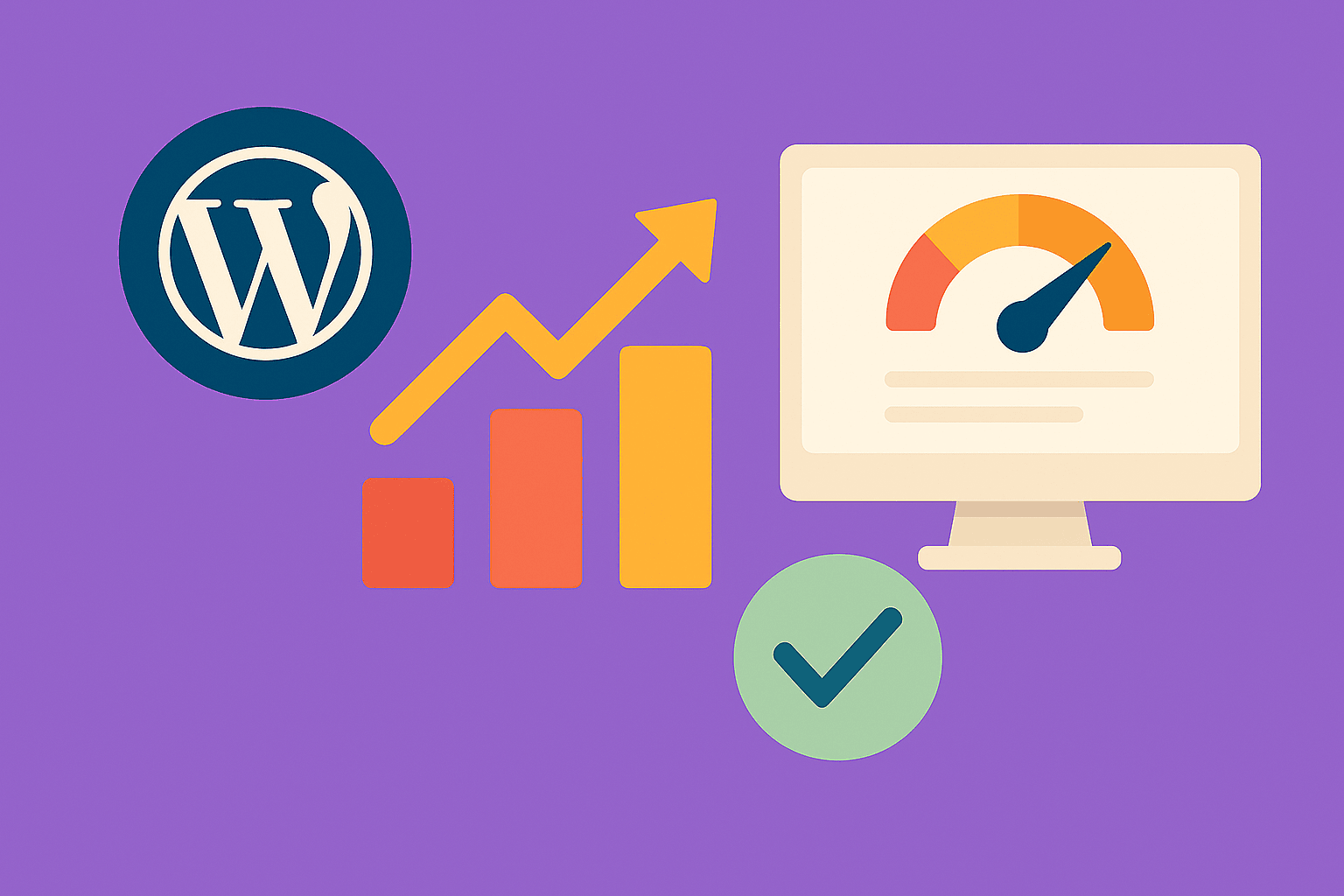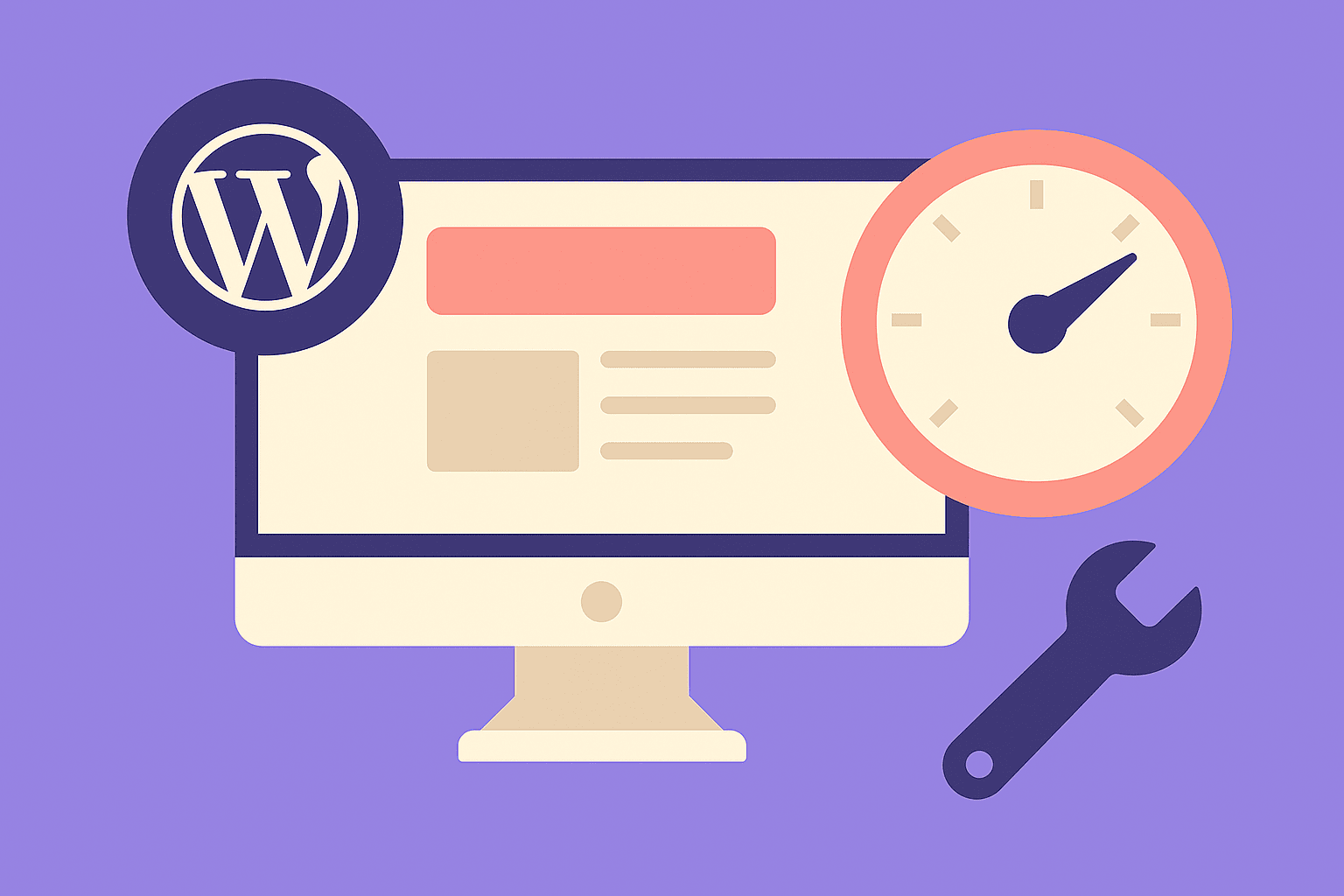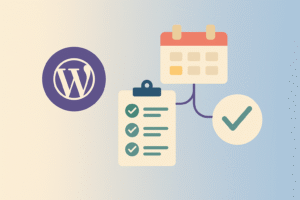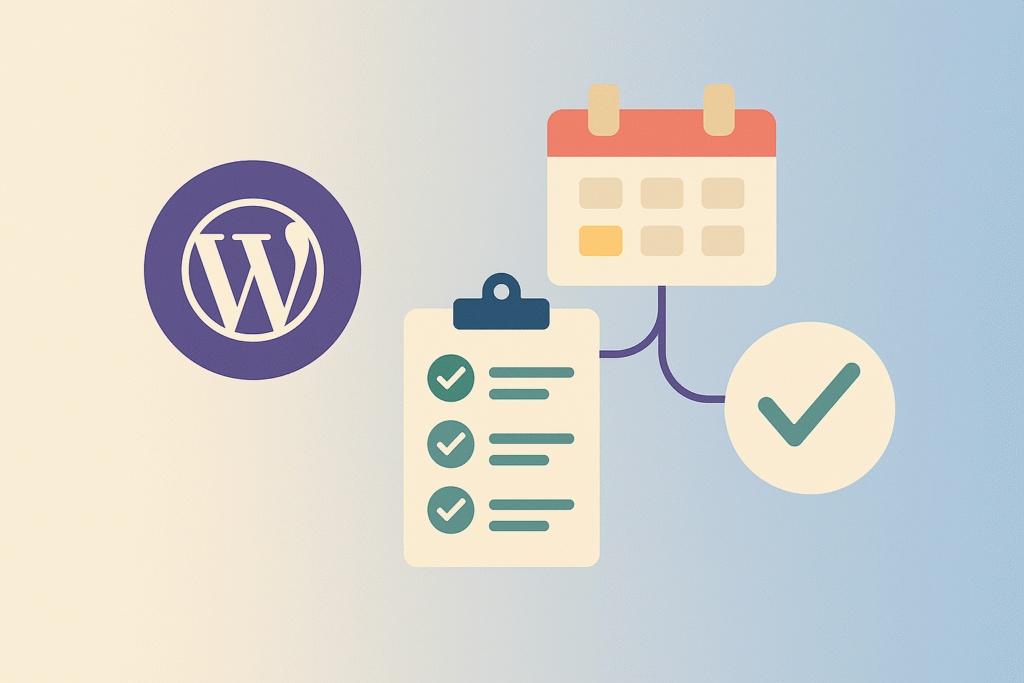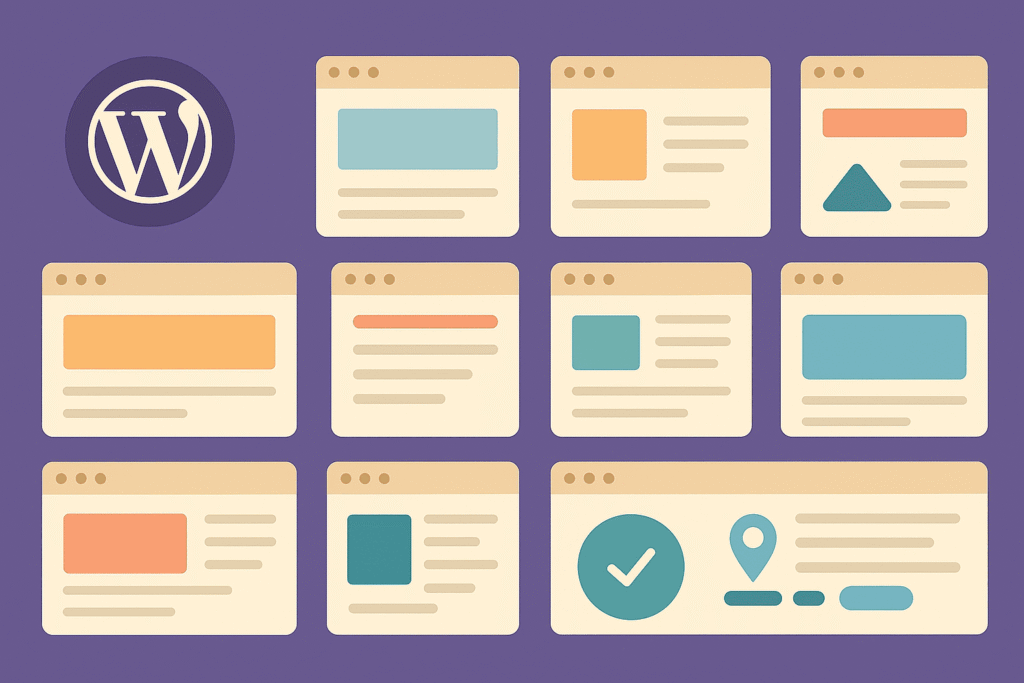Introduction
WordPress powers over 43% of the web, and every major release shapes the future of websites, blogs, and e-commerce. With WordPress 7.0 expected in late 2025, the WordPress community is buzzing with speculation and early insights. This release is likely to focus on full-site editing maturity, AI-assisted tools, performance enhancements, and developer-first improvements.
Anticipated Features
1. Enhanced Full-Site Editing (FSE)
The block editor has transformed WordPress since Gutenberg’s launch. In 7.0, we expect:
- Advanced style variations at the theme.json level.
- More intuitive site-wide template editing.
- Block pattern syncing across multiple sites.
This will bring WordPress closer to competing with Webflow and Squarespace in design flexibility.
2. Native AI Integration
AI is everywhere, and WordPress is no exception. Core contributors are exploring ways to integrate AI-assisted content creation, such as:
- Smart block suggestions
- Auto-generated meta descriptions
- AI-powered accessibility checks
3. Performance Boosts
WordPress has steadily focused on Core Web Vitals, and 7.0 could deliver:
- Automatic image compression and lazy loading improvements
- Native database query caching
- Optimized asset handling (JS/CSS bundling)
4. Security Upgrades
Expect more focus on hardening WordPress by default:
- Two-Factor Authentication (2FA) possibly included in Core
- Stricter REST API access controls
- Better passwordless login options
5. Developer-Focused Changes
- PHP 8.3+ minimum requirement
- Improved APIs for headless and decoupled WordPress
- More hooks for custom workflows
Community Reactions
Developers are excited about performance and security, but cautious about AI integration. Agencies expect 7.0 to reduce reliance on heavy plugins by moving more functionality into Core.
Final Thoughts
WordPress 7.0 has the potential to be the most transformative release since Gutenberg. It will push WordPress further into the future with AI, full-site editing maturity, and performance optimizations.

